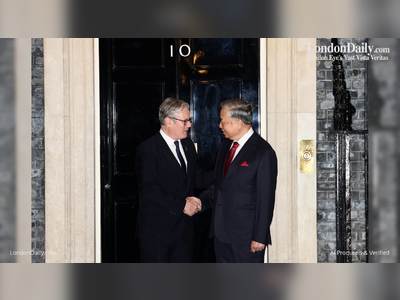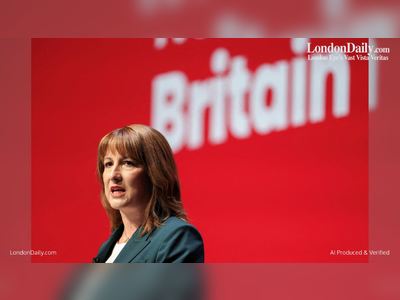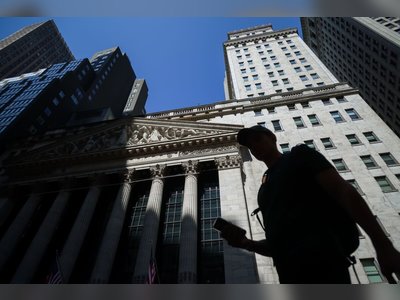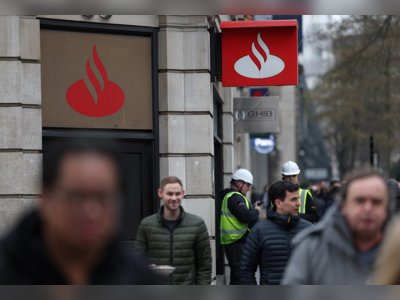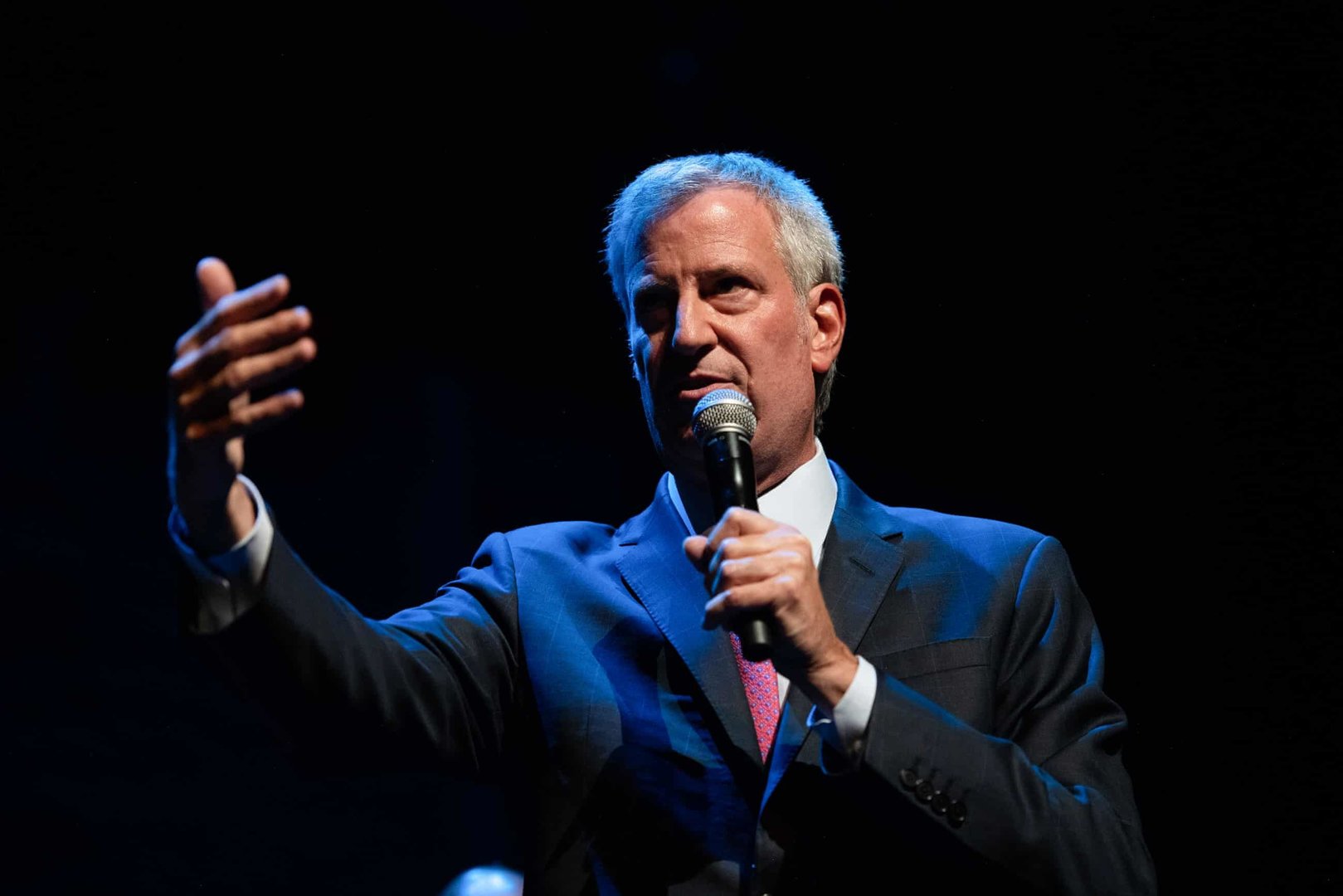
UK’s The Times Retracts Article After Fake Bill de Blasio Interview Undermines NYC Mayoral Race
London paper apologises for publishing remarks from an impersonator purporting to be the former New York mayor and criticising Zohran Mamdani just before election
A major British newspaper, The Times of London, removed an article and issued an apology after it emerged the interview it published with former New York City mayor Bill de Blasio was false.
The piece, published ahead of the New York mayoral election, quoted “de Blasio” as criticising the policies of frontrunner Zohran Mamdani, despite the former mayor being one of his public supporters.
In a post on the social platform X, de Blasio described the quotes attributed to him as “entirely false and fabricated,” emphasising that he had never spoken to the reporter and continues to back Mamdani’s agenda.
According to The Times, the reporter was misled by an individual falsely claiming to be de Blasio and was thus deceived into publishing the interview.
The article drew further attention when another U.S. outlet picked it up before it was deleted, and a spokesperson for Mamdani’s rival, Andrew Cuomo, shared the story on social media.
The content portrayed Mamdani’s economic proposals—such as free buses, universal childcare and rent freezes—as unrealistic, supposedly voiced by de Blasio, but it has now been disowned by the former mayor.
This incident comes amid a heated and high-stakes mayoral contest in New York City in which Mamdani has faced a barrage of hostile commentary and disinformation.
Analysts say the episode underscores the risks of impersonation, media manipulation and foreign involvement in election coverage.
Though The Times has apologised, it has provided limited detail on how the impersonation occurred or who was behind it.
With election day looming and the political atmosphere already tense, the episode is likely to raise further scrutiny of press safeguards, verification protocols and the interaction between media outlets in one country publishing material that influences the political discourse of another.
The piece, published ahead of the New York mayoral election, quoted “de Blasio” as criticising the policies of frontrunner Zohran Mamdani, despite the former mayor being one of his public supporters.
In a post on the social platform X, de Blasio described the quotes attributed to him as “entirely false and fabricated,” emphasising that he had never spoken to the reporter and continues to back Mamdani’s agenda.
According to The Times, the reporter was misled by an individual falsely claiming to be de Blasio and was thus deceived into publishing the interview.
The article drew further attention when another U.S. outlet picked it up before it was deleted, and a spokesperson for Mamdani’s rival, Andrew Cuomo, shared the story on social media.
The content portrayed Mamdani’s economic proposals—such as free buses, universal childcare and rent freezes—as unrealistic, supposedly voiced by de Blasio, but it has now been disowned by the former mayor.
This incident comes amid a heated and high-stakes mayoral contest in New York City in which Mamdani has faced a barrage of hostile commentary and disinformation.
Analysts say the episode underscores the risks of impersonation, media manipulation and foreign involvement in election coverage.
Though The Times has apologised, it has provided limited detail on how the impersonation occurred or who was behind it.
With election day looming and the political atmosphere already tense, the episode is likely to raise further scrutiny of press safeguards, verification protocols and the interaction between media outlets in one country publishing material that influences the political discourse of another.
